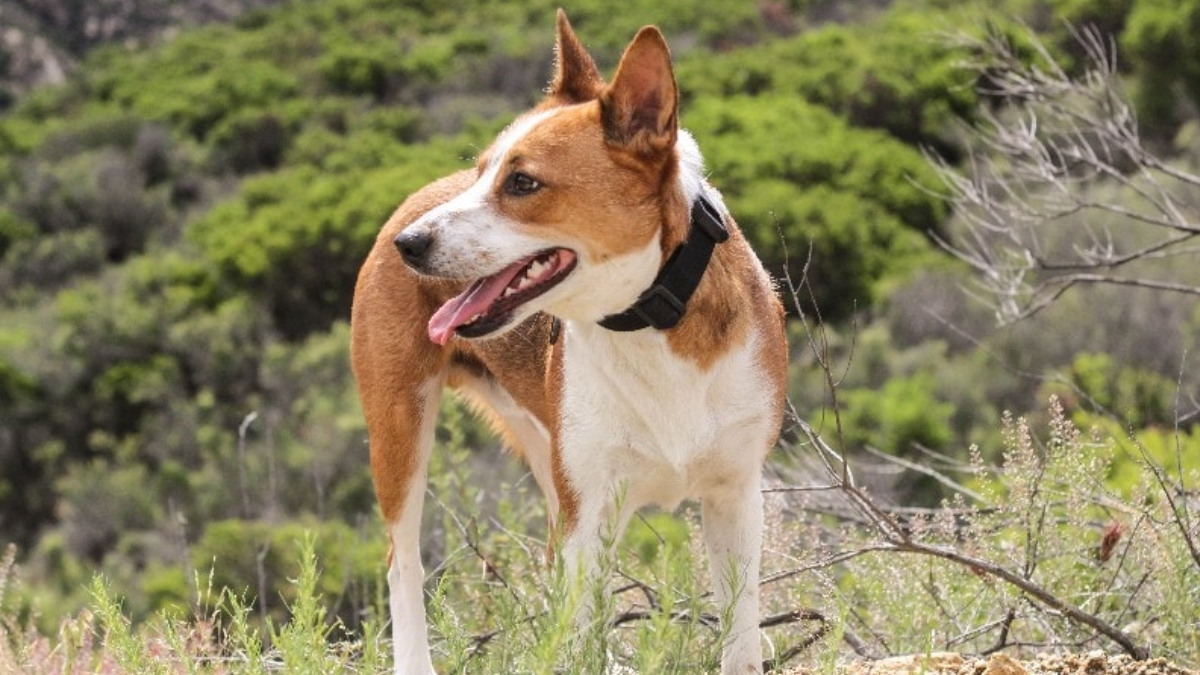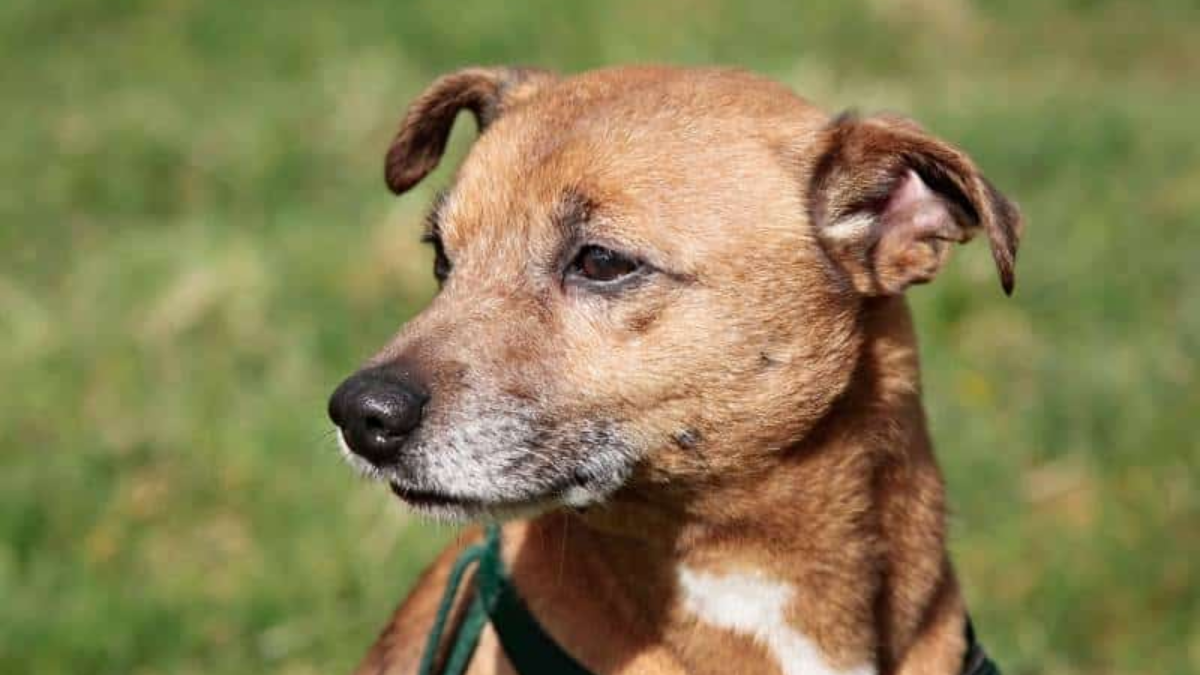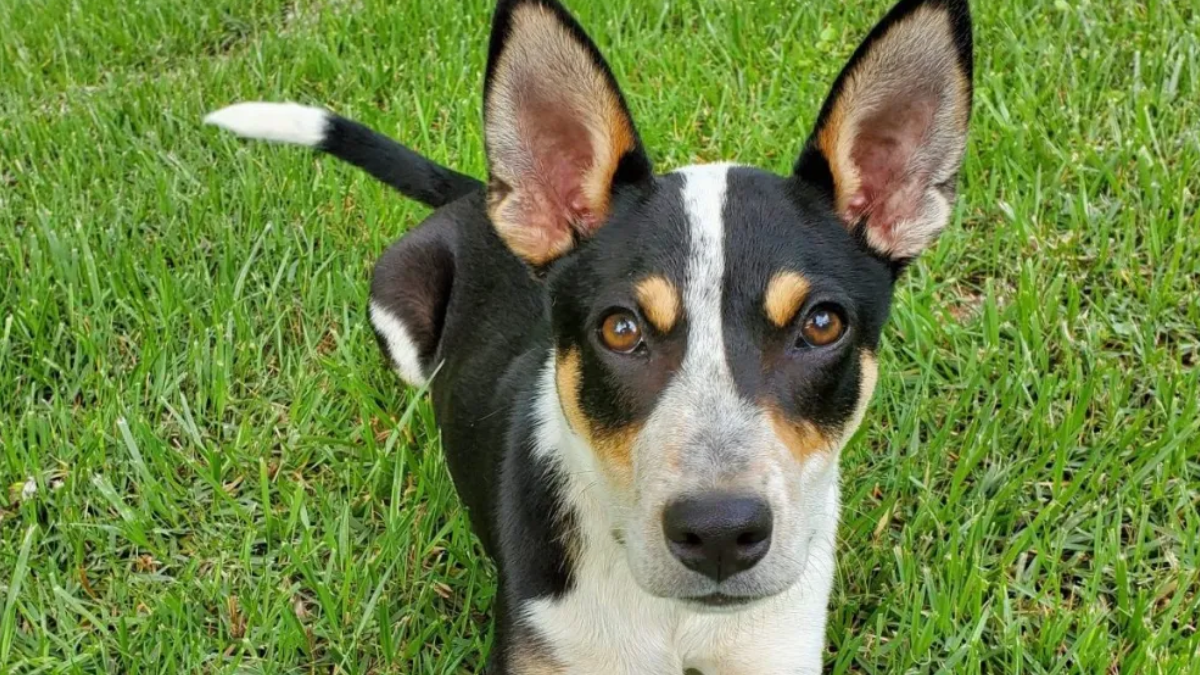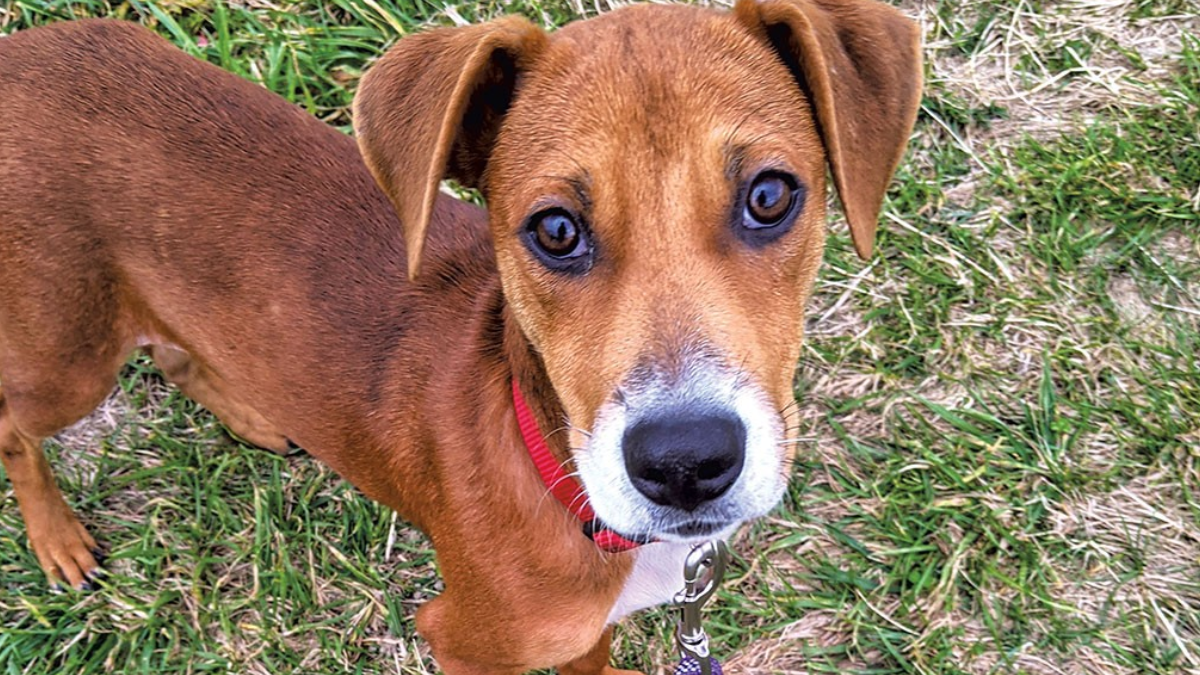The Feist dog is a small hunting breed originating from the rural southern United States. Known for its boundless energy and fierce determination, the Feist Dog Breed is characterized by its lean build and alert demeanor. Feists are often used to hunt small game such as squirrels and rabbits due to their keen sense of smell and impressive agility.
Although there is no single standard defining the Feist, these dogs typically share common traits such as a short coat, pointed ears, and a tapered tail that often wags with excitement. They are generally considered intelligent and easily trained, forming strong bonds with their owners.

Maintaining a Feist dog requires ample exercise and mental stimulation, as their energetic nature can lead to restlessness if not properly managed. They thrive in environments where they can explore and expend their energy. Despite their hunting instincts, Feists can make loyal and affectionate companions in a suitable home environment.
Origins and History
The Feist dog, including its subtype the Mountain Feist, is an American dog breed with a rich history deeply rooted in rural life, known for its hunting prowess primarily with small game. These dogs are characterized by their energy, intelligence, and small to medium stature.
Historical References:
- Abraham Lincoln famously mentioned a Feist dog in his writings, reflecting the breed's presence and significance in American culture during the 19th century.
- Teddy Roosevelt also referenced Feists in his hunt descriptions, evidencing their role and utility as hunting companions.
- Literary mentions include works by William Faulkner, indicating the breed's embeddedness in the Southern American narrative.

Breed Recognition:
- While the American Kennel Club (AKC) does not officially recognize the Feist, its cousin, the Rat Terrier, is often associated with the Feist family.
- The United Kennel Club (UKC) recognized the Mountain Feist in 2015, affirming the breed's stature in hunting communities.
Timeline:
| Year | Event |
|---|---|
| 19th century | Mention by Abraham Lincoln |
| Early 20th century | References by Teddy Roosevelt |
| 2015 | UKC recognition of Mountain Feist |
The Feist is not just a dog breed, but a legacy of American history, entwined with the stories and lives of prominent figures like George Washington and cherished by hunters and rural families across the nation for generations.
Breed Characteristics and Temperament
Feist dogs are small to medium-sized dogs known for their lively temperament and a muscular build. They possess a coat that can come in a variety of colors, and they exhibit high intelligence and loyalty.
Physical Attributes
- Size: Small to medium
- Weight: Typically ranges from 15 to 30 pounds
- Height: Generally between 10 to 18 inches at the shoulder

They have a smooth coat which comes in various colors, including:
| Color | Commonality |
|---|---|
| Red | Common |
| Black | Common |
| White | Common |
| Gray | Less Common |
| Brown | Common |
| Brindle | Common |
| Sable | Less Common |
| Blue | Rare |
Feist Temperament
Feist dogs are characterized by the following behavioral traits:
- Intelligence: Highly intelligent
- Loyalty: Known for strong loyalty to their owners
- Friendliness: Generally friendly with people
- Affection: They are quite affectionate with family members
- Energy Level: High; they require a good amount of exercise
- Activity Requirement: Energetic dogs that need regular activity
Their temperament makes them adaptable to various types of exercise, but they tend to require a consistent outlet for their energy.
Care and Training
Proper care and training are essential to ensure a healthy and fulfilling life for a Feist. This section provides specific insights into the Feist’s health management, exercise needs, grooming necessities, and nutritional requirements.

Feist Health and Lifespan
The Feist is a generally healthy breed, often living up to 15-18 years. Regular check-ups with a veterinarian are crucial to monitor for common issues like allergies and maintain overall health. Preventative care includes vaccinations, parasite control, and dental checkups. A balanced diet and good dental hygiene are influential factors in promoting a long lifespan.
Training and Exercise
Effective training begins early for Feist dogs. Due to their intelligence and energy, they respond well to positive reinforcement techniques such as treats and praise. Training should include socialization, basic commands, and leash etiquette. Feist dogs require ample exercise; at least an hour of physical activity daily is recommended, which can include walks, jogs, and interactive play sessions.
- Daily Walks: 2-3 times (15-30 minutes each)
- Exercise Regimen: Includes fetch, agility, and free play.
Grooming and Nutrition
Grooming a Feist is fairly straightforward. They have short coats that need regular brushing to reduce shedding and keep the coat shiny. Bathing should be done when necessary but not so often as to dry out the skin.
Nutritionally, a Feist dog should have high-quality dog food that is rich in nutrients. Adult Feists typically require about 30 calories per pound of body weight per day, but this may vary based on their activity level. An appropriate portion size, divided into two meals, helps prevent overeating.
- Food Intake: Adjust based on activity level, age, and weight.
- Hygiene: Weekly brushing and as-needed baths.

Feist Dogs in Action
Feist dogs showcase a remarkable blend of energy and agility, making them exceptional both in the field and at home. From adept hunters to playful companions, these dogs are both versatile and spirited.
Hunting and Work
Denmark Feist, Teddy Roosevelt Terrier, Buckley Feist, and Charlie Feist are known for their incredible hunting prowess. Traditionally, these breeds excel in chasing and treeing squirrels due to their high prey drive.
- Squirrels:
- Treeing: This is a unique hunting style where the feist dogs corner squirrels to the treetops and alert hunters with a distinctive bark.
- Jack Russell Terrier and Russell Terrier: Closely related to feist dogs, they are skilled in rodent control, displaying energetic and relentless pursuit.
Their agility aids them in navigating through challenging terrains, making them adept hunting dogs.
Family and Companion
Feist dogs carry their energetic and playful nature into family settings, where they are often kept as pets. They have the adaptability to bond with families, showing patience and a watchful nature that can make them good watchdogs. However, their primary role in homes is being companion animals rather than guard dogs due to their size and temperament.

- Living with Cats and Other Pets:
- Introduced properly, feist dogs can coexist with cats and other household pets.
- Interaction with Families:
- Energy: An abundance of energy makes them a fit for active families who can match their vitality.
- Playful: Their playful behavior is appealing to children, but it's important to supervise their interaction to ensure it's positive for both the dog and the child.
Conclusion:
In conclusion, the Feist Dog Breed is a remarkable choice for those seeking a loyal, energetic, and intelligent companion. Their unique traits make them excellent hunting dogs and affectionate family pets. By understanding their care needs and providing ample exercise and mental stimulation, you can ensure a happy and healthy life for your Feist. Embrace the charm and vitality of the Feist Dog Breed, and you'll gain a devoted friend who brings joy and adventure to your everyday life.

